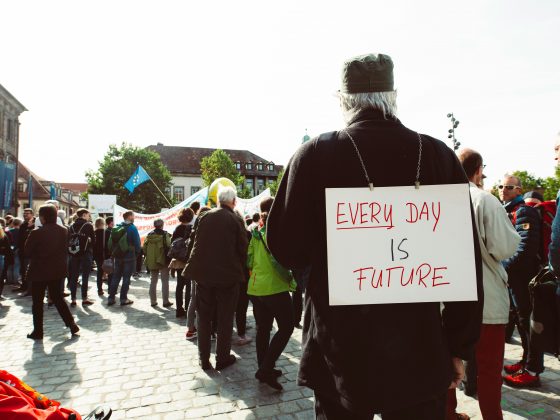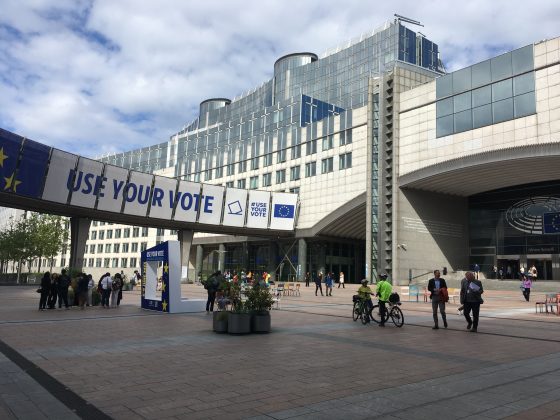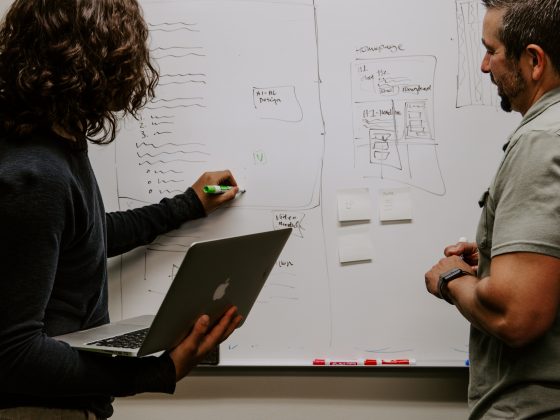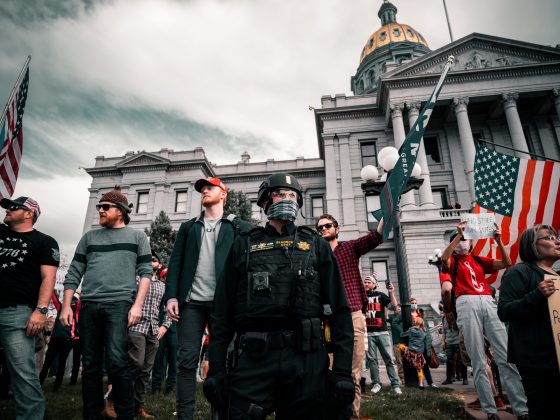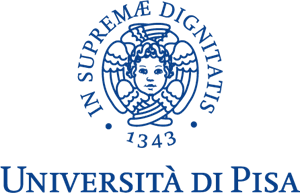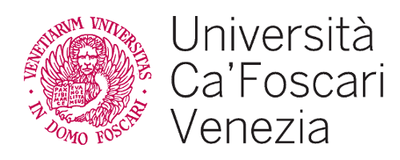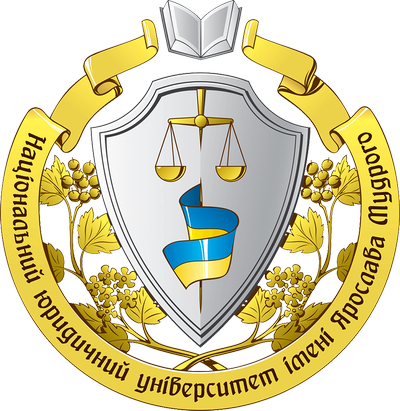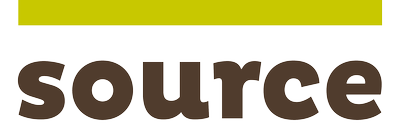To counter increasing polarization, populism, inequality and authoritarianism, a new civil society approach to “political innovation” is supporting citizen-led innovations to revitalize democracy.
In Germany, the non-profit organization JoinPolitics seeks and supports innovative ideas across the political spectrum to find solutions to mounting threats against democratic principles of justice, equality, representation, and civic participation. Another non-profit, Brand New Bundestag, uses grassroots mobilization to support progressive social policy-making and the campaigns of political candidates who promote marginalized communities’ interests. These are just two examples of a new style of “political innovation”, which we define as the citizen-led practice of diagnosing problems in the political system and collectively working toward solutions to strengthen and revitalize democracy.
JoinPolitics and Brand New Bundestag exemplify a worldwide trend to revive democratic principles through citizen-led innovation. Similar initiatives have emerged across the globe including Keseb (United States), #FixPolitics (Nigeria), LovePolitics (Austria), Próxima Geração (Portugal), and Académie des Futurs Leaders (France).
Political innovation as a practice and as a field encourages us to think of social change and political change as interrelated—not decoupled. The political in political innovation establishes the context of the work in politics and the political system, with politics including both local civic engagement as well as more formal engagement in national and international political institutions. The innovation in political innovation refers to the process of diagnosing problems, developing ideas, experimenting with, implementing, and adapting solutions. Solutions can materialize in the form of products, methods, or technologies to solve a problem or to enact new political practices.
Political innovation encompasses changes to how we practice democracy and in the infrastructure that operationalizes democracy. The practices of political innovation are ongoing and collective efforts to ensure democracy remains an effective and suitable operating system for social order and progress.
Actors in political innovation
Three types of actors are involved in political innovation. First there are the “orchestrators” who build and coordinate the field of political innovation. For example, Keseb works towards building a global “ecosystem of pro-democracy” players. The team behind JoinPolitics scouts and recruits “talents” with solution ideas for politics at various regional and administrative levels and providing material as well as non-material resources for the talents to develop these ideas into concrete action plans.
Then there are the “innovators” who assume responsibility for, develop, and introduce solutions that correspond with democratic principles. Consider Christiana Bukalo who develops political solutions for the “statelessness problem”, namely, the 15 million people that do not have a nationality and are not recognised as a citizen by any state.
A third type of actor are the “enablers” that provide support in the form of financial resources but also by additional field building activities. Examples of enablers include the Landecker Foundation, Obama Foundation, MultitudesFoundation or the Innovation in Politics Institute.
Forms of political innovation
Political innovation can take different forms, activities, and practices. To understand how political innovation works and how it creates impact, we find it useful to elaborate on the different forms of democracy work characteristic of political innovation.
Citizen-focused work centres on mobilizing citizens that are or feel left out of the political system. This work is mainly about bringing citizens and civil society back into politics and is often based on campaigns to organize citizens to enact their civic rights (vote) or engage in politics (run for elected office). Examples of such work include crowdsourcing ideas for change in politics or providing political education to the public through voter education campaigns, simulation games, or workshops. Tous Elus is a French association that educates the public and trains young people from politically excluded communities—based on race, religion, and/or class—to become politically literate and exercise their democratic rights, such as voting or running for political office.
Leader-focused work aims at identifying and nurturing political talent. This work typically seeks to diversify the pool of political talent by scouting and reaching out to underrepresented groups and tackling the hierarchical and inertial nature of political careers through various training and support activities. Leader-focused work is often based on establishing or using existing academies, incubators, or training centres. Examples include selecting and training candidates for office from underrepresented groups and sometimes providing funding for candidates running for office. For instance, Apolitical coordinates and licenses a global network of political leadership training institutions. Through its social enterprise branch, the organization offers free policymaking courses that were developed in collaboration with governments and connects political leaders and public servants to foster peer-to-peer learning.
Structure-focused work seeks to shape the infrastructure of democracy and the rules that govern it. It can target policies that do not sufficiently address the democracy-related problems at different levels. It can also endeavour to change rules in public administrations (e.g., minority representation) or laws at the regional or national levels. DIVERSITRY tackles undemocratic processes through changing processes in, and the makeup of, German public institutions. It formed a cross-departmental network of people of color working in German public administration and advised ministries on how to enhance representation and justice in recruiting and policy-making processes.
All three levers of democracy work to foster change in the political system and create impact aimed at rejuvenating rather than replacing democracy. The rise of political innovation therefore both testifies to society’s fear of losing democracy as well as showing the willingness of innovators to improve the system constructively. Political innovation aims to redefine political responsibility by rendering ‘the social’ political and ‘the political’ social.







